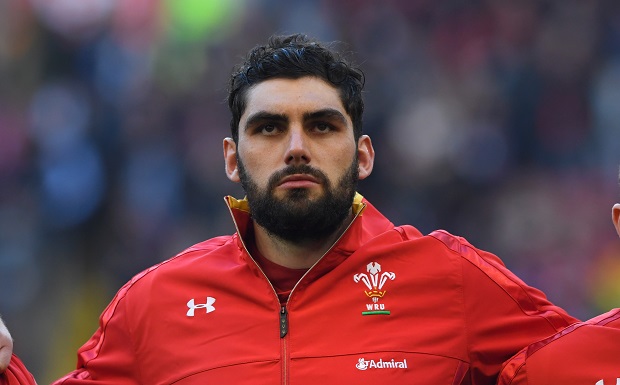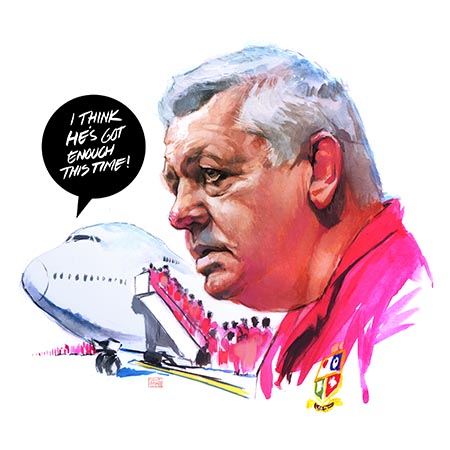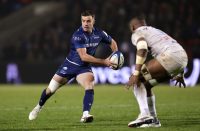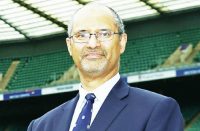 Replacement strategies are becoming the bane of Lions tours, as the furore around the ‘Geography Six’ – the late call-ups to this squad –has thrown into sharp relief.
Replacement strategies are becoming the bane of Lions tours, as the furore around the ‘Geography Six’ – the late call-ups to this squad –has thrown into sharp relief.
Warren Gatland‘s decision to bring in half a dozen players from the Wales and Scotland squads who were close at hand on tours of Australasia as bench insurance in the penultimate week of the tour has been savaged.
His fiercest critics included many influential former Lions, and was at the root of his damaging decision to leave his bench almost untouched in the draw against the Hurricanes on Tuesday. That Ian McGeechan, who first brought Gatland into the Lions fold as an assistant coach, was among them will have given the 2017 head coach pause for thought.
Gatland was clearly taken aback by the depth of feeling over the red jersey being devalued by his decision to select players on a non-meritocratic basis. He was also caught between a rock and a hard place, on one hand wanting to placate Lions legends like McGeechan, and on the other wanting desperately to beat the Super Rugby champions.
In my view the win over the Hurricanes was the most important outcome. Therefore Gatland should have held fast to his initial decision – right or wrong – to bring in Tomas Francis, Kristian Dacey, Cory Hill, Allan Dell, Gareth Davies and Finn Russell, and to use as many of them as he thought necessary to get the victory.
That the only one to get on was Russell, for five minutes when Dan Biggar got a heavy knock, was a travesty– and it probably cost the Lions, and their army of fans, a big Kiwi scalp. Certainly, those Lions supporters that passed the Press seats voiced their disappointment at the coach’s failure to use his replacements to secure the win.
My view is that the whole idea of the Geography Six – each of whom earned £15,000 for their short stint before being sent home after the Hurricanes match – is that it was wrong, and avoidable.
The Lions should have taken more players in the initial tour party, irrespective of whether it was 45, or even 48, so that all the bases in New Zealand were covered. This is a professional sport, and as long as the Lions have sufficient funding, their administrators should not have a controlling hand on how many players the head coach wants on board.
 Do American Football teams quibble about the number of players, coaches or support staff they take with them on away trips? Not a chance. They travel with whatever it takes to get the job done.
Do American Football teams quibble about the number of players, coaches or support staff they take with them on away trips? Not a chance. They travel with whatever it takes to get the job done.
This was exactly the line taken by Dick Best in an interview in The Rugby Paper in April. He said the Lions should ignore the stigma attached to Clive Woodward taking 45 players to NZ in 2005, because it was one element of the tour he actually got right.
Best, who was assistant coach on the 1993 Lions tour, advocated that the 2017 squad should have gone mob-handed because of the unprecedented demands of this tour — and he was on the money. He said: “Take 45 players if necessary….you don’t want players coming in cold who are not familiar with the the calls or structures. You want them all on the ground in one place, and up to speed.”
Why this did not happen is hard to fathom. It is hard to believe that it is due to financial strictures because the 2009 Lions posted a £6m profit after all the tour costs – including player and coach wages – had been deducted. Given that the 2013 and 2017 tours have been even more lucrative, the money to cover an increase in squad size should not be an issue. Yet, there is a nagging sense that the bean-counters have had too big an influence this time.
There has also been a lack of smart administrative thinking. Once Gatland had floated the idea of bringing in bench cover mainly on the pragmatic basis of players who were in closest proximity, there should have been a joined-up plan.
Gatland did the right thing explaining that those who on merit had strong claims to a call-up – such as England‘s Joe Launchbury, Dylan Hartley and George Ford in Argentina, and Ireland’s Gary Ringrose and Cian Healy in Japan – were not being asked because he had first-hand evidence of the travel issues. Namely, that in 2013 England’s Christian Wade, Brad Barrit and Billy Twelvetrees had not got over the trip from Argentina when they played in the loss to the Brumbies.
However, the Lions professional administration headed by chief executive John Feehan should then have taken the initiative. It could have been done by announcing that a new playing category had been introduced called Associate Lions or Lions Cubs. This category would not be given a Lions number (unless they played for, say, 80 minutes), but a subsidiary number, defusing concerns over devaluing the jersey.
Getting your numbers right in terms of playing strength is absolutely fundamental to the success of Lions tours. It is also about being professional, and the signs from the Geography Six episode point towards the Lions still being stuck halfway between amateur and professional standards when it comes to administration.























